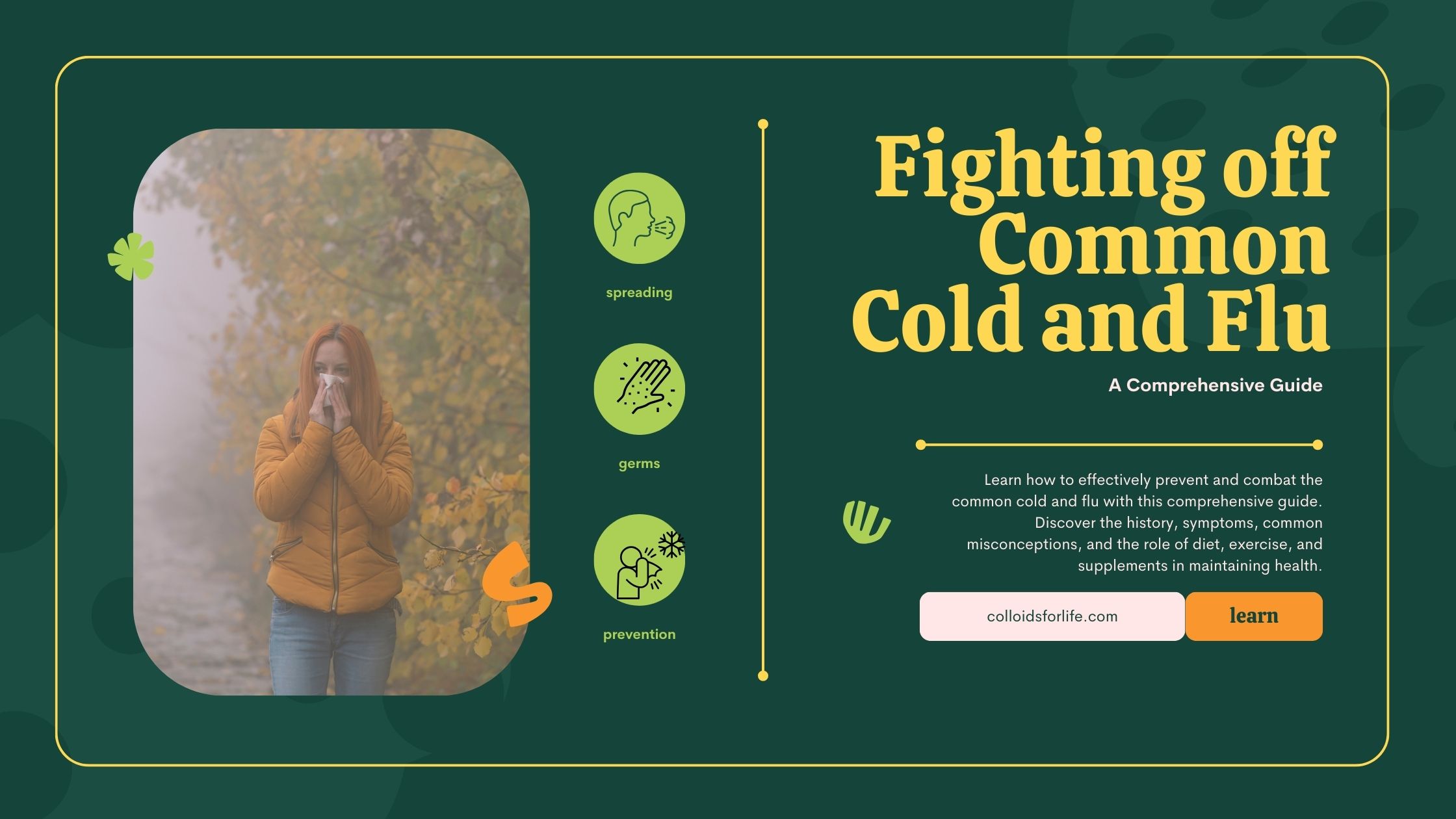.jpg)
The BP oil spill in the Gulf of Mexico and the radiation exposure from Fukushima have raised significant concerns about the safety of seafood. These environmental disasters have affected marine life and pose potential risks to human health.
The Oil Spill In The Gulf
Seafood harvesting has resumed in the Gulf, but lingering concerns remain. Despite months of government testing, future problems cannot be ruled out. Oil plumes still present in the Gulf could resurface, and bottom dwellers remain at high risk for oil contamination. Scientists are also uncertain about the long-term toxicity of Corexit, the dispersant used during the spill.
Long-Term Effects:
- Contamination Spread: Smaller organisms at high risk may eventually spread contamination up the food chain, potentially affecting marine life for decades.
- Health Risks: The danger depends on the amount of contaminated seafood consumed relative to the person's size and health. Current testing is based on the national average for a grown man (4 shrimp per week). Women, smaller individuals, or those consuming more seafood should be cautious about the source of their seafood.
High-Risk Seafood:
- Shrimp and Bottom Dwellers: These species are particularly susceptible to oil contamination.
- Filter-Feeding Shellfish: Mussels and similar shellfish may also be at risk.
Fukushima Radiation Exposure
The risk of radiation exposure to seafood is similarly concerning. While experts suggest that the ocean will disperse radiation, making the effect on seafood negligible, the ongoing dumping of radiation into the sea poses a real risk.
Key Points:
- Small Marine Life: Plankton and other small organisms may be exposed, leading to contamination up the food chain.
- Types of Radiation: Iodine dissipates quickly, but cesium, which can build up in muscle tissue, can persist for decades.
Recent Findings:
- Fish in the Gulf are showing visible health problems, such as skin lesions, indicating long-term impacts from the oil spill. This suggests that Gulf fish may be unsafe to eat for a considerable time.
Consider Krill Oil from Colloids For Life
To mitigate the risks associated with seafood contamination, consider adding krill oil supplements to your diet. Krill oil provides a safe alternative source of essential omega-3 fatty acids without the contamination risks associated with seafood.
Benefits of Krill Oil:
- High in Omega-3s: Supports heart health, brain function, and reduces inflammation.
- Pure and Safe: Free from the contaminants found in some seafood.









